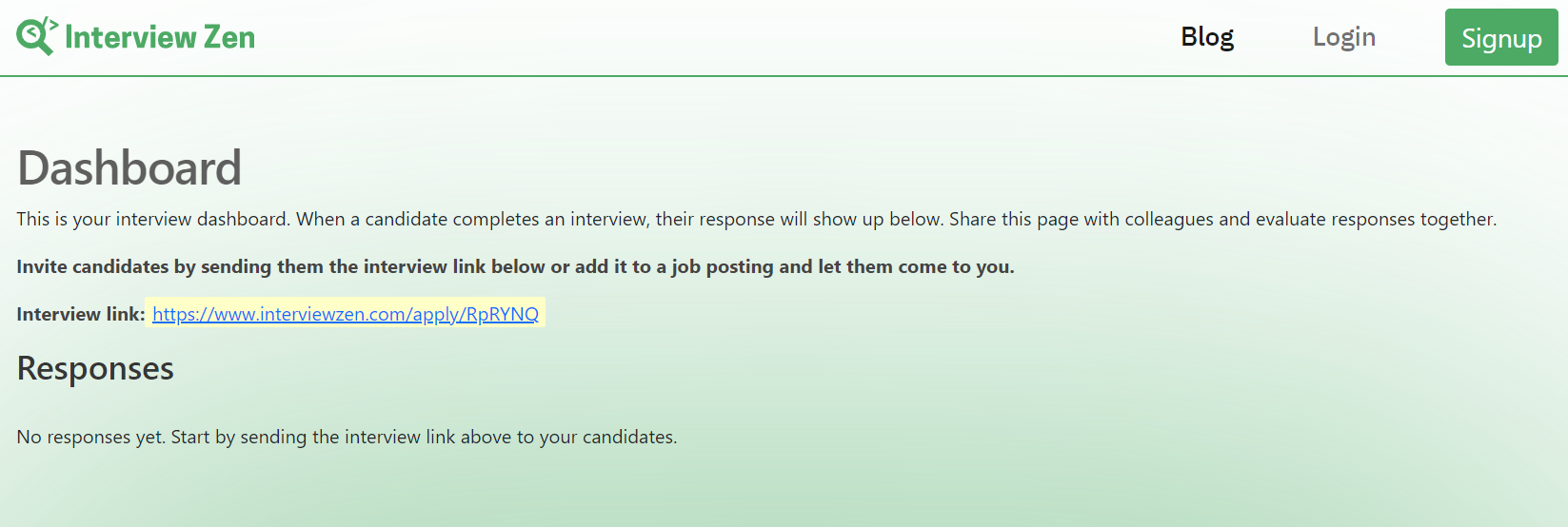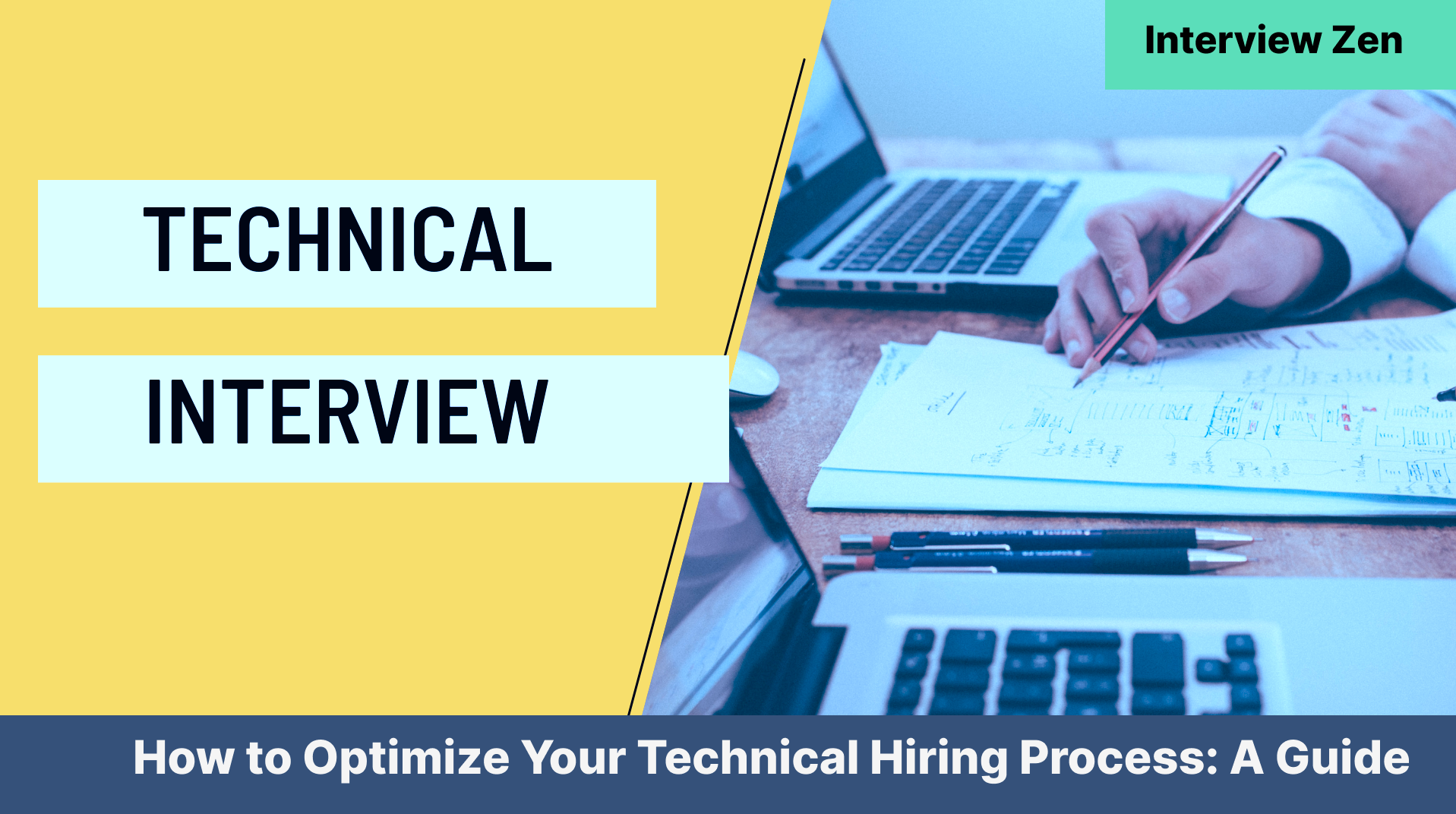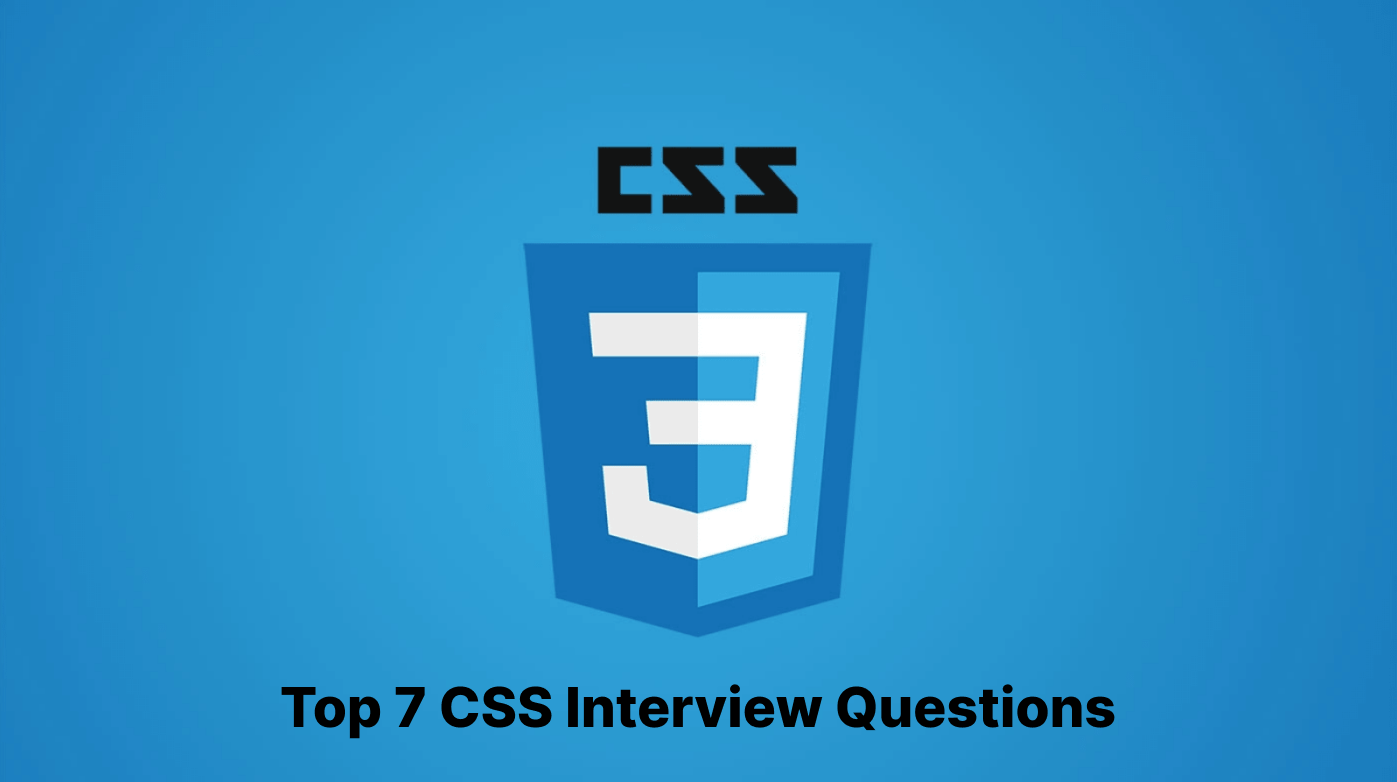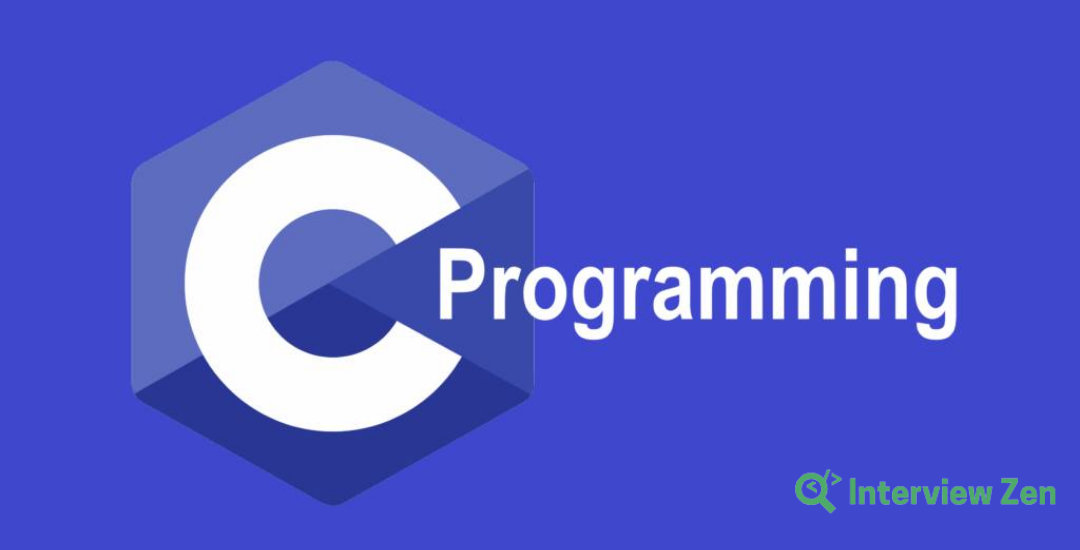Introduction
Hiring the right talent is crucial for any business, but the stakes are even higher when it comes to technical roles. An effective technical interview process can mean the difference between building a top-notch team and facing delays, bugs, or poor-quality work. Many hiring managers grapple with challenges such as determining a technical interview that’s both fair and effective or coming up with coding interview questions that accurately gauge a candidate’s skill level.
According to a survey by Glassdoor, 76% of hiring decision-makers report that attracting quality candidates is their no 1 challenge. Given the field’s technical complexity and competitive nature, an effective and efficient interview process can drastically influence your success.
Many hiring managers find it challenging to design technical interviews that are both fair and effective. They also struggle to formulate coding questions that assess a candidate’s skills accurately. According to Workable, the average time-to-fill for IT positions is 27 days. Each day of this period potentially costs your company in terms of lost productivity and missed opportunities.
Adding efficiency to your technical hiring process speeds up time-to-hire and enhances the candidate experience. A streamlined, user-friendly application and interview process can make your company stand out in a crowded field, providing a competitive advantage in attracting and retaining skilled professionals.
This is where Interview Zen comes into play. It is designed to optimize the technical interview process and provides comprehensive solutions for generating coding interview questions and arranging effective onsite interviews. With this platform, you can simplify your technical hiring procedures, focusing on what matters—finding your team’s best Software Developer.
In this article, we will discuss the top 5 strategies that can help to hire managers to refine their technical hiring process. From making the screening candidates effective to relying on data for decisions, every step counts.
Let’s begin!
Benefits of Optimizing the Technical Hiring Process
Optimizing your technical hiring process is about speed and refining each stage for better outcomes for everyone involved.
Here are some significant advantages to consider:
1. Time and Cost Savings
Traditional hiring practices often involve a manual review of resumes, time-consuming pre-screening calls, and multiple rounds of technical interviews. These steps are labor-intensive and costly, making the overall process inefficient.
According to DevSkiller, the productivity loss associated with unfilled tech roles can be as high as $33,251 per vacancy. This underlines the crucial need for an effective and quick recruitment process. DistantJob reports that many companies spend nearly two months filling a vacant tech position, not due to extravagant requirements, but because of a local talent shortfall. This duration can be reduced by considering remote candidates, thus expanding the talent pool and accelerating the hiring process.
This gives you actionable data to improve your hiring process continuously. As a result, you can make quicker decisions, shorten the hiring cycle, and reduce operational costs. This freed-up time and money can be reallocated to other critical business areas, such as product development or customer engagement.
2. Improved Quality of Hires
A poorly chosen candidate can cost a lot. According to the U.S. Department of Labor, the average cost of a bad hire can be up to 30% of the employee’s first-year earnings. By carefully crafting interview technical questions, you can better assess a candidate’s skills, suitability for the company culture, and potential contributions. All these factors contribute to higher-quality hires, minimizing the risk of costly mistakes.
3. Enhanced Candidate Experience
Enhancing the candidate’s experience isn’t just a matter of courtesy; it’s a strategic advantage. A seamless and transparent technical hiring process not only boosts the odds of your offer being accepted but also turns candidates into unofficial brand ambassadors. Richard Branson once said, “Clients do not come first. Employees come first. They will care for the clients if you care for your employees.” This philosophy applies equally to potential hires.
If their experience is positive, even those who aren’t selected will likely speak well of your company, and word-of-mouth is a powerful asset in today’s ultra-competitive tech industry. By investing in the candidate experience, you’re not just filling a role but building your brand’s reputation one interview at a time.
4. Data-Informed Decisions
Optimizing the hiring process often involves the use of data analytics. This data can provide actionable insights, identifying which parts of the process need improvement. It allows for a feedback loop that makes each subsequent recruitment drive more efficient and precise.
A tool like Interview Zen can help in achieving these benefits. It is free, easy to use, and fast, assisting in everything from generating coding interview questions to managing onsite interviews. With its support, the technical hiring process can be optimized for maximum effectiveness, ensuring your organization stays ahead in the race for top talent.
Best Strategies To Optimize Technical Hiring Process
1. Screening Candidates Effectively
Screening is an essential part of the technical hiring process. Effective screening is more crucial than ever with a rise in tech roles and an increasing volume of applications. It is a crucial link between the deluge of resumes and a refined list of candidates.
Here are some strategies to make sure your screening process is both effective and efficient:
Manual Review vs. Automation
Human expertise is critical when it comes to understanding the nuances of a candidate’s experience and potential. However, the early stages of sifting through hundreds, if not thousands, of resumes can be overwhelming. Automation tools can streamline this phase remarkably well.
For instance, Applicant Tracking Systems (ATS) like Greenhouse and Lever use machine learning algorithms to match resumes against specific job descriptions. They automatically rate candidates based on how well their skills, experience, and education align with the job requirements.
Using coding assessment platforms like Interview Zen or LeetCode for initial technical screenings. These platforms can automatically evaluate coding skills based on predefined tests, allowing hiring managers to allocate time for in-depth interviews with candidates who pass this initial filter.
By integrating such automation tools, hiring managers can save valuable time and ensure the candidates they manually review are a good fit based on key criteria. This enables them to concentrate on more subtle qualifications, such as cultural fit or specialized skills, during the subsequent stages of the hiring process.
Early Skill Assessments
While a resume provides useful information, it may not fully capture a candidate’s skills. Incorporating skill assessments early in the screening process can give you an objective measure of what a candidate can do. This is particularly beneficial for roles targeted at early-career and university-level applicants.
Consistency
Consistency is key in the screening process. Make sure that all applicants are assessed using the same set of criteria. Utilizing standardized scoring systems during initial screenings helps reduce biases, ensures that the process is fair for all applicants, and provides a legally defensible process.
2. Technical Assessments: Quality Over Quantity
The saying “quality over quantity” holds significant weight in the technical hiring process. An effective assessment is not just a hurdle for candidates to cross; it’s a clear window into their capabilities, helping to ensure that only qualified individuals move through the subsequent stages of hiring.
Real-World Coding Challenges
Interview Zen offers the perfect platform for implementing real-world coding challenges into your hiring process. The platform is designed to provide a comprehensive suite of real-world challenges that mirror the complexities and nuances of tasks a candidate encounters in their daily job.
With Interview Zen, you can better assess not just the technical skills but also the problem-solving abilities, time management, and even the code readability of your candidates. These attributes are crucial for effective job performance, making Interview Zen an indispensable tool for a more predictive and accurate technical hiring process.
Timely Feedback
After a candidate completes a technical assessment, the waiting game begins. It’s a period filled with anxiety as they await feedback on their performance. To enhance the candidate experience, it’s beneficial to have a systematic approach to providing detailed, timely feedback.
For example, some companies opt for a 24-hour follow-up call that informs the candidate of their status and offers constructive criticism and even advice for future opportunities. This level of attention to feedback respects the candidate’s time and effort and can turn even rejected applicants into brand ambassadors.
Data-Driven Improvements
Using data analytics can be a game-changer in fine-tuning your technical hiring practices. For instance, if you find that 70% of candidates are failing at the coding test stage, it could signal that the test is either too difficult or not aligned well with the job role. Conversely, if everyone is passing a particular segment with flying colors, it may be too easy and not discriminatory enough to separate high-performing candidates from the rest.
This kind of data allows you to make specific changes to your assessment process, such as revising test questions or even reevaluating the essential skills for the role. Each hiring cycle becomes a learning opportunity by making these adjustments, helping you refine your approach for future endeavors.
3. Conducting Efficient Technical Interviews
Here are some strategies to make your technical interviews both insightful and streamlined:
Preparation
The first step towards an efficient interview is thorough preparation. Interviewers should know the candidate’s profile, resume, and prior assessments. This preparation lets the interviewer immediately focus on the most relevant topics, optimizing the limited time.
Clear Agendas
Creating a well-defined agenda for the interview ensures that critical points are addressed. A plan helps navigate through technical topics, behavioral questions, or team-fit assessments, ensuring that the conversation flows in a structured manner.
Intentional Interview Rounds
While gathering multiple perspectives on a candidate is invaluable, caution is needed to avoid an over-extended interview process. Each round of interviews should have a distinct purpose, adding value to the overall assessment without draining resources or causing candidate fatigue.
Interactive Challenges
Live coding sessions or whiteboard challenges are excellent tools to gauge a candidate’s technical capabilities. These interactive assessments provide a dual benefit: they evaluate technical skills and offer a window into the candidate’s problem-solving methods. Platforms like Interview Zen offer a real-time coding environment, streamlining this process.
Active Listening
The importance of active listening in an interview cannot be overstated. It helps understand the candidate’s answers and provides additional insights into their experiences and problem-solving skills.
Opportunities for Questions
Allocating time for the candidate to ask questions can be enlightening. Their questions often reflect their priorities and values and give them a clearer understanding of the role and the organization.
Post-Interview Debriefs
Taking a moment to document immediate impressions and observations after the interview is beneficial. This practice ensures that the feedback provided in subsequent discussions is as accurate as possible and not influenced by other tasks or interviews.
4. Make the Most of Your Tech Recruiting Stack
Technology plays a crucial role in optimizing business processes, and this is especially true for tech hiring. The challenge often lies in having various tools and using them effectively.
Here’s how to maximize the benefits of your tech recruiting stack:
Automate Repetitive Tasks
A significant amount of time is often spent on tasks that can easily be automated. HR managers spend 14 hours per week on such manual tasks. Automating processes like sorting through applications, scheduling interviews, and sending follow-up emails can save valuable time. This also contributes to a more uniform experience for candidates.
Monitor Assessment Integrity
The availability of AI technology and open-source code means recruiters must be cautious about the integrity of assessments. Tools that can detect coding pattern similarities or monitor typing behaviors during tests can help maintain the quality and fairness of your assessments.
Stay Updated
Technologies in the human resources sector are continuously evolving. To stay competitive, regularly review your tech stack to ensure it meets your current needs. This could mean upgrading to a newer version of a tool you already have or even adopting new tools that offer advanced features and capabilities.
5. Make Data-Driven Hiring Decisions
Utilize Assessment Tools
Platforms like Interview Zen go beyond providing coding challenges; they also offer valuable analytics on candidates’ performance. This data can be instrumental when you’re comparing candidates or when you’re trying to identify areas where skills are lacking.
Candidate Tracking Systems
An Applicant Tracking System (ATS) serves multiple purposes beyond simply managing applications. It can furnish data on various stages of the hiring process, such as where candidates tend to drop out, what sources produce the best hires, or how long each stage typically lasts.
Iterate and Refine
Data-driven decision-making isn’t a set-it-and-forget-it process. Regular reviews and updates to your metrics are necessary. This helps to keep your methods in line with industry trends and allows you to adapt your goals accordingly.
Train the Team
Having a team skilled in data interpretation is crucial for effectively using analytics in hiring. Consider arranging training sessions or workshops in data literacy to ensure everyone can understand and apply the data appropriately.
Use Interview Zen for Free to Optimize Your Technical Hiring Process
Do you need help finding the right software developers for your team? Interview Zen offers a powerful solution. With a proven track record of over 500,000 interviews conducted, our platform revolutionizes how you assess candidates. This enables you to make more accurate hiring decisions compared to traditional methods. The demand for top-notch developers is surging, and Interview Zen is the reliable partner you need to meet this challenge head-on.

The platform is currently free to use, making it a cost-effective choice for businesses of all sizes. Though a pricing model may be introduced, the focus remains on providing a valuable service to as many users as possible.
By implementing Interview Zen in your hiring process, you can reap multiple benefits that will help you find the ideal candidate more efficiently and effectively.
Key Features Of Interview Zen
1. Custom Programming Questions
Interview Zen supports various programming languages, allowing you to tailor your technical assessments accurately. Whether you’re hiring for Python, C/C++, C#, Java, JavaScript, PHP, R, or other languages, you can create unlimited custom questions in various languages. This ensures that your assessments are uniquely suited to meet your hiring requirements.
To experience these features firsthand, you can try the demo available on the Interview Zen website.
2. Speedy Review
Interview Zen allows hiring managers to review recorded interviews at varying speeds, like 1x, 2x, or even 5x. This functionality provides valuable insights into how the candidate processed the question, how quickly they worked, and how much they modified their code throughout the assessment. This feature lets you better understand the candidate’s technical skills and problem-solving abilities.

3. Easy Invitations
Each interview you generate has a unique URL displayed on your dashboard. You can invite candidates by sending them the interview link or adding it to a job posting. This makes the process of taking the interview incredibly straightforward for candidates.

4. User-Friendly Interface
Interview Zen focuses on offering essential features that are not only effective but also easy to navigate. With just three clicks, you can create an interview, send out invites, and begin evaluating candidates. This user-friendly approach sets it apart as a preferred choice for online assessments.
If you want to know how to structure your technical interviews effectively, check out our guide on How to Structure Technical Interviews for Software Developers.
Conclusion
A structured and standardized technical hiring process is crucial for consistently bringing top-tier talent. Without a well-defined approach, you risk missing out on skilled candidates or making a hire that doesn’t align with your company’s objectives and culture.
Interview Zen can be your key tool in ensuring that your hiring process is efficient and effective. This platform lets you focus on the most promising candidates from the start by taking the uncertainty out of assessments and introducing a layer of objectivity. You will find that optimizing your hiring process can dramatically reduce time-to-hire while increasing the quality of candidates you bring into your organization.
Don’t miss the chance to take your technical hiring process to the next level. Take the next step today and try out Interview Zen to experience a transformative approach to hiring. With no initial cost, you have nothing to lose and a world of hiring success to gain.
Read more articles:




